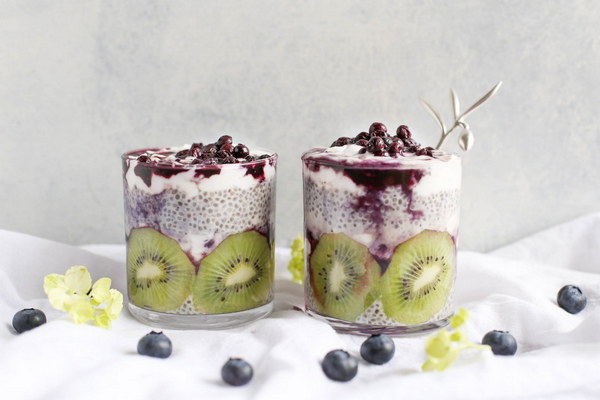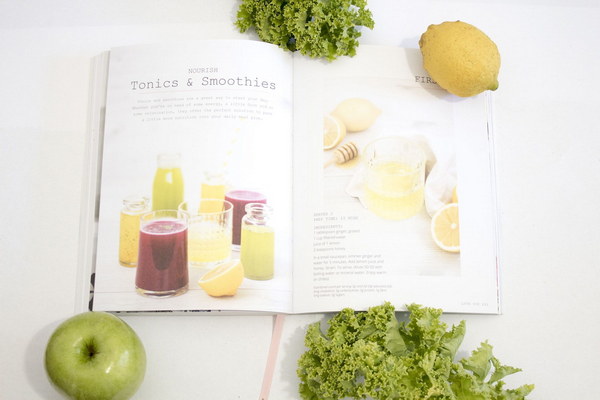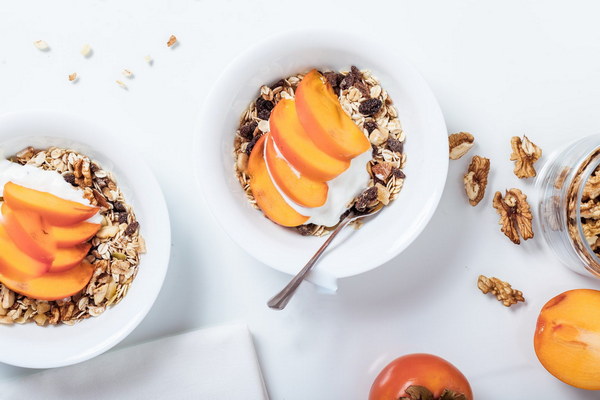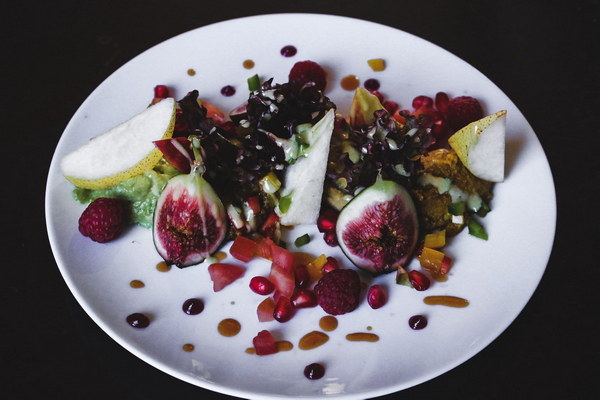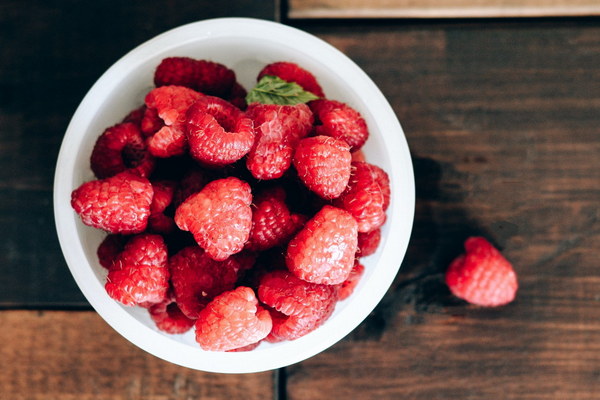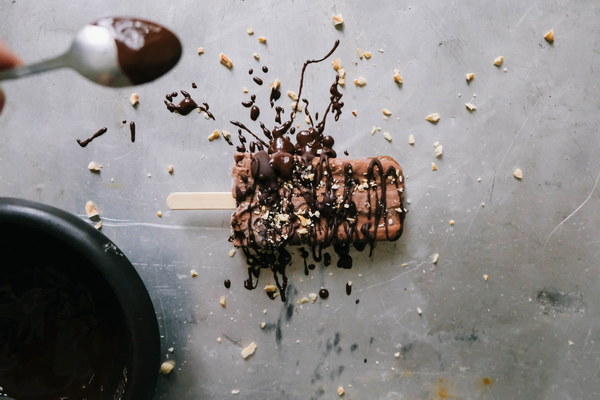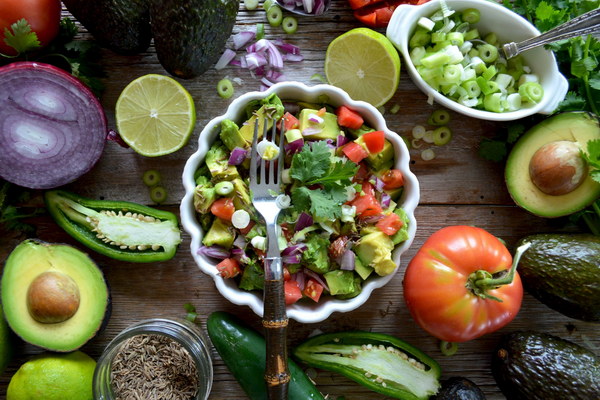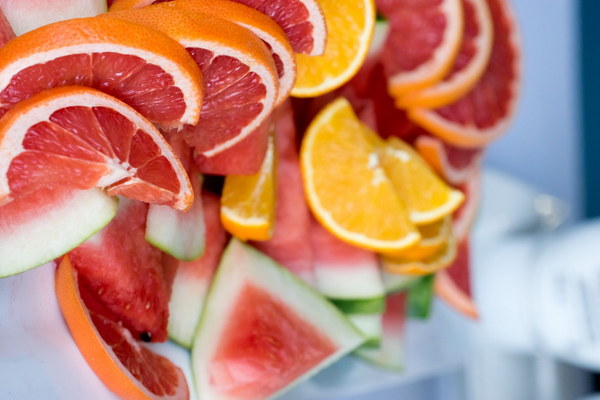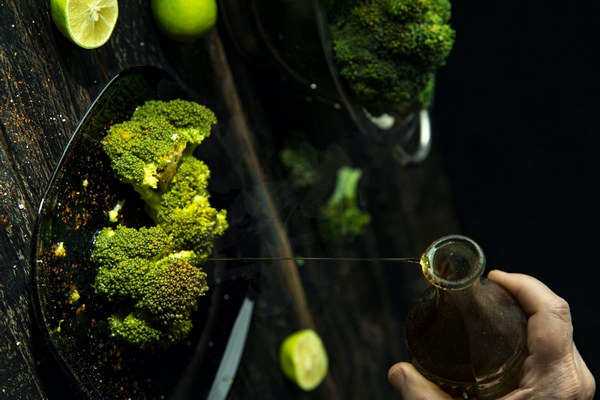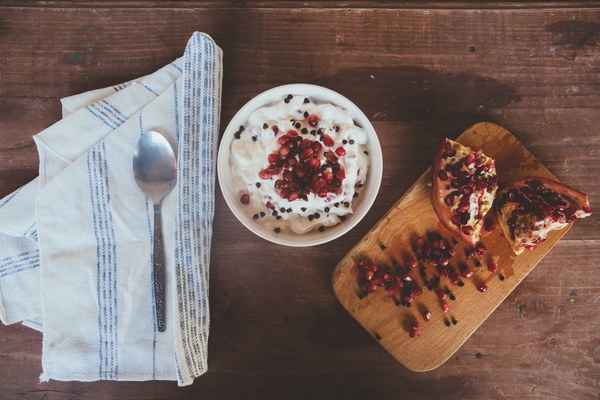Hydrate and Clear Your Pores A Comprehensive Diet Guide for Healthy Skin
Hydrate and Clear Your Pores: A Comprehensive Diet Guide for Healthy Skin
Dealing with clogged pores can be a frustrating and persistent skin concern. While topical treatments and skincare routines are essential, what you put into your body can also have a significant impact on the health and appearance of your skin. This article delves into a comprehensive diet guide to help you hydrate and clear your pores, leading to a more radiant and clearer complexion.
1. Stay Hydrated with Water
The foundation of any healthy skin regimen is hydration. Drinking plenty of water helps to flush out toxins and maintain the skin's natural moisture balance. Aim to consume at least 8 glasses of water daily, and more if you are physically active or live in a hot climate.
2. Include Antioxidant-Rich Foods
Antioxidants are crucial for protecting your skin from environmental damage and reducing inflammation. Incorporate foods high in antioxidants into your diet, such as:
- Berries: Blueberries, strawberries, raspberries, and blackberries are packed with antioxidants.
- Leafy Greens: Spinach, kale, and Swiss chard are not only rich in antioxidants but also provide essential vitamins and minerals.
- Nuts and Seeds: Almonds, walnuts, chia seeds, and flaxseeds are excellent sources of antioxidants and healthy fats.
3. Eat Foods High in Omega-3 Fatty Acids
Omega-3 fatty acids are essential for maintaining healthy skin cell function. They help reduce inflammation and can improve the skin's barrier, making it more resilient to clogged pores. Foods rich in omega-3s include:
- Fish: Salmon, mackerel, sardines, and trout are great sources of omega-3s.
- Flaxseeds and Chia Seeds: These seeds are not only high in omega-3s but also provide fiber and other beneficial nutrients.
- Walnuts: A handful of walnuts daily can contribute to your omega-3 intake.
4. Incorporate Foods High in Vitamin A
Vitamin A is essential for cell turnover and can help to unclog pores. However, it is important to consume vitamin A in its natural form rather than through supplements, as excessive vitamin A can be harmful to the skin. Foods high in vitamin A include:
- Sweet Potatoes: These are not only high in vitamin A but also provide beta-carotene, which is converted into vitamin A in the body.
- Carrots: Similar to sweet potatoes, carrots are a great source of vitamin A.
- Dark Leafy Greens: Spinach and kale are excellent sources of vitamin A.
5. Load Up on Foods High in Vitamin C

Vitamin C is a powerful antioxidant that helps to protect the skin from UV damage and promotes collagen synthesis, which is crucial for maintaining elasticity and preventing wrinkles. Foods high in vitamin C include:
- Citrus Fruits: Oranges, lemons, limes, and grapefruits are all great sources of vitamin C.
- Kiwi: Kiwis have a high vitamin C content and are also rich in fiber.
- Berries: Strawberries, blackberries, and cranberries are not only high in vitamin C but also provide antioxidants.
6. Reduce Inflammation with Anti-Inflammatory Foods
Inflammation can exacerbate clogged pores and lead to acne breakouts. To reduce inflammation, include anti-inflammatory foods in your diet, such as:
- Fatty Fish: As mentioned earlier, fatty fish like salmon are excellent anti-inflammatory foods.
- Cruciferous Vegetables: Broccoli, cauliflower, and Brussels sprouts contain compounds that can reduce inflammation.
- Turmeric: This spice has powerful anti-inflammatory properties and can be added to a variety of dishes.
7. Avoid Foods that Trigger Acne Breakouts
Certain foods can trigger acne breakouts, particularly those high in sugar and dairy. Try to minimize your intake of:
- Sweets: High sugar intake can disrupt the balance of good bacteria in the gut and lead to inflammation.
- Dairy: Some people may find that consuming dairy can exacerbate acne. If you suspect this to be the case, consider reducing your dairy intake or switching to dairy-free alternatives.
Conclusion
By incorporating these dietary tips into your daily routine, you can help hydrate and clear your pores, leading to healthier, more radiant skin. Remember, a balanced diet is just one aspect of maintaining clear skin; a consistent skincare routine and healthy lifestyle habits are also crucial. Always consult with a healthcare professional or a dermatologist before making significant changes to your diet or starting any new skincare regimen.
